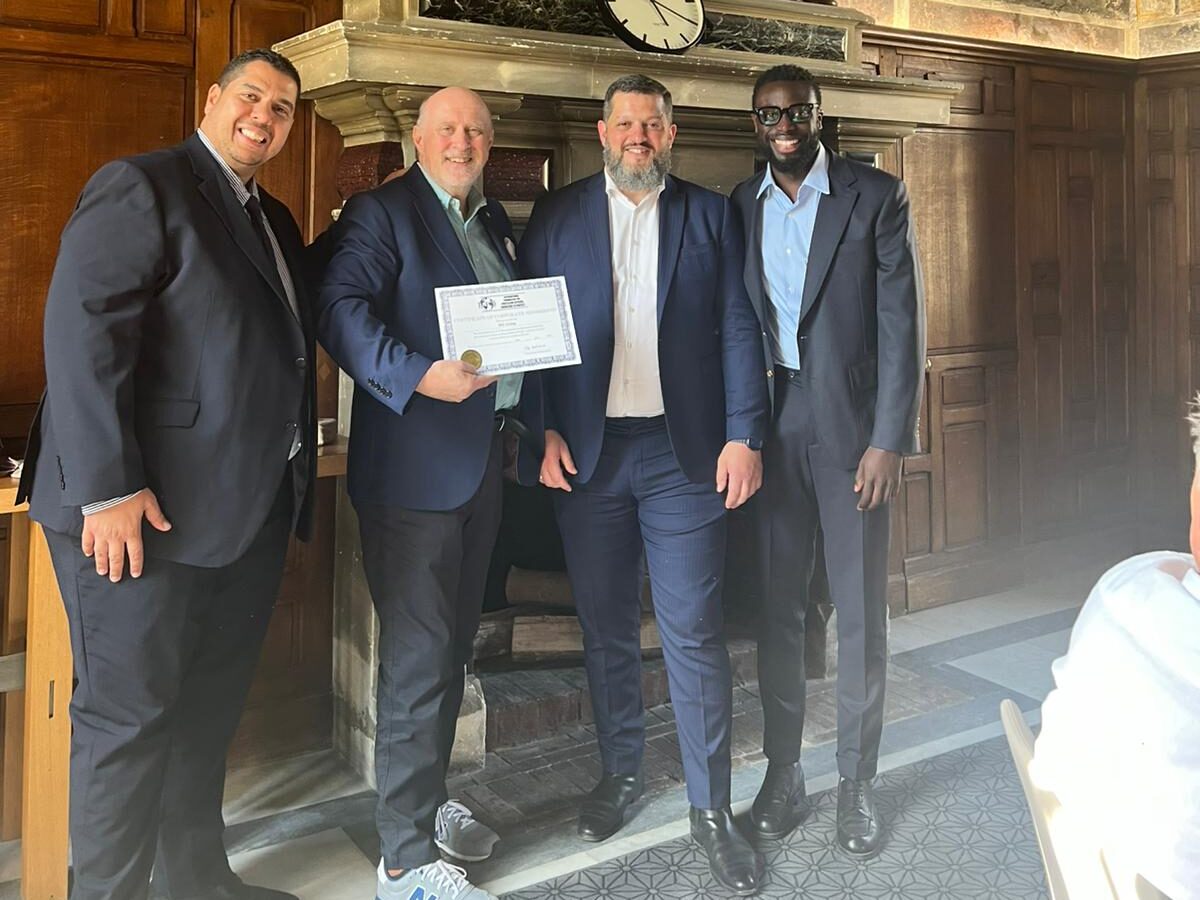Following the publication of ‘The Wireless Access Control Report 2018’, leading security professionals from a range of industries share their opinions of the market, and the future, of wireless access control.
Why demand for wireless continues to grow?
Figures from the 2018 edition of the report show continued growth for wireless vs. wired solutions, but why are security and facility managers ‘cutting the wires’?
Russell Wagstaff, Director for Commercial Access Solutions at ASSA ABLOY EMEA, commented: “Among the many advantages of wireless discussed in the report, I would highlight two. Firstly, removing the need to cable every door makes it much easier and more economical to bring many more doors into your access system, allowing wireless technology to upgrade your building’s security in an instant.
“Secondly, the energy efficiency of wireless doors delivers significant cost savings. The standard batteries that locks use have long lives, and only fully ‘power up’ when there’s a credential to read. Wired doors are generally connected to the mains 24/7.”
The report also forecasts growth in wireless locks for ‘non-door’ applications to outgrow those for doors, but why is wireless technology especially suited to ‘non-doors’?
Wagstaff added: “It’s about convenience – the more applications that can be secured and unlocked with a single credential, the better for site users. Facility managers benefit from the wider scope of their access system, which gives them more control.
“In addition, because these ‘non-door’ devices are wireless, access control can easily extend outdoors. Padlocks for gates, machinery locks, storage lockers – with the right lock, these can all be secured within the same access control system as your front door.”
Wireless access control for small to medium-sized businesses
What specific problem did SMARTair solve at ULab?
Enrique Burgos, Director at ULab: “In addition to regular daily traffic, weekly traffic can almost multiply by ten if an event is held, so we needed an access control system as flexible and convenient as SMARTair.”
One of Spain’s newest co-working spaces, ULab’s vision incorporated the latest in security, accessibility and design to create a 21st-century business centre. Wire-free SMARTair delivered real-time access control to accommodate both regular daily traffic and busy one-off events.
Wireless access control in large or complex businesses?
How does the flexible access management offered by CLIQ impact the day-to-day security of businesses?
Christophe Nublat, Head of Study & Works Division, Eau de Valence, France, said: “All the energy is in the key – there is no power supply to the lock and therefore very little maintenance. Also, electronic and mechanical cylinders are managed by the same key.”
The municipal water authority of Valence supplies safe drinking water to 65,000 local residents, while managing four boreholes, a storage unit and 300km of water pipes. With CLIQ key-based access control, audit trails for every lock, key and padlock are available on demand, so monitoring contractor visits is easy.
Weekly mandatory key revalidation provides another layer of security, with five of their keys equipped with CLIQ Remote technology, allowing supervisors to update access rights on the move, via Bluetooth.
Integrating wireless access control
The new report picks out “integration” as a growing trend — with an overwhelming majority of survey respondents saying integrated systems are “important” or “very important” at a site. How does integration with ASSA ABLOY Aperio wireless locks benefit AXIS Entry Manager customers?
Stephanie Hensler, Business Development Director at Axis Communications, commented: “Axis completed integration of the Aperio RS485 hub with our AXIS A1001 Door Controller. AXIS Entry Manager is our web-based access control system, built into the A1001 Door Controller.
“Most users value real-time access, so we chose to integrate with an Aperio online hub, and users appreciate how intuitive it is to manage this integrated solution.”
Saving money with wireless access control
Can switching to Aperio wireless access control deliver concrete budget benefits?
Magnus Svensson, Infrastructure Manager at Lund University, said: “Aperio has proven to be very cost effective and we have been able to reduce the time we spend on user management and system administration radically.”
After 20 years, Lund University’s Faculty of Law was looking to upgrade its access control system. Aperio battery-powered escutcheons and cylinders with card readers are now fully integrated with Pacom’s Unison system.
Aperio locks work with the existing MIFARE smartcards, so there was no need for 42,000 students and 7,500 staff to return their smart-cards for reprogramming, or even to visit update readers to reactivate their permissions. Every door or card is still managed centrally from a single admin interface.
https://campaigns.assaabloyopeningsolutions.eu/wacreport2018
The success of Wireless Access Control – opinions from the professionals
About Security Buyer
Security Buyer is the leading authority in global security content, delivering expert news, in-depth articles, exclusive interviews, and industry insights across print, digital, and event platforms. Published 10 times a year, the magazine is a trusted resource for professionals seeking updates and analysis on the latest developments in the security sector.
To submit an article, or for sponsorship opportunities, please contact our team below.

Rebecca Spayne
Managing
EDITOR

Georgina Turner
Sales
Manager

Afua Akoto
Marketing Manager
Read the Latest Issue
Follow us on X
Follow us on X
Click HereFollow us on LinkedIn
Follow us on LinkedIn
Click HereAdvertise here
Reach decision makers and amplify your marketing






















